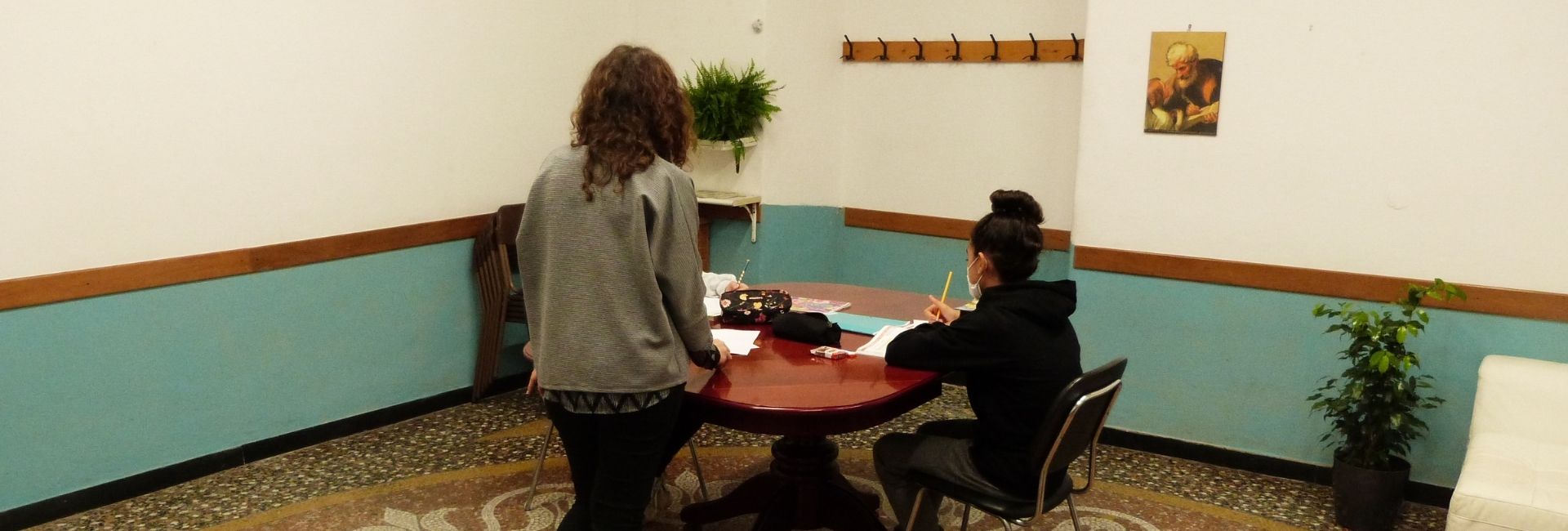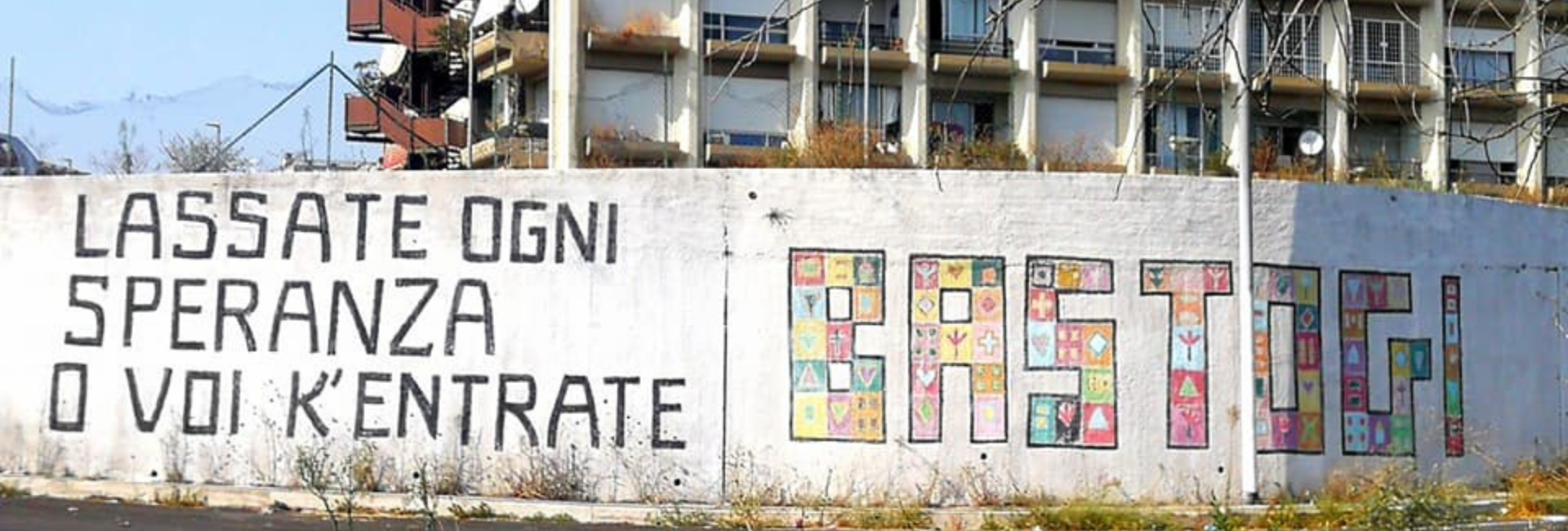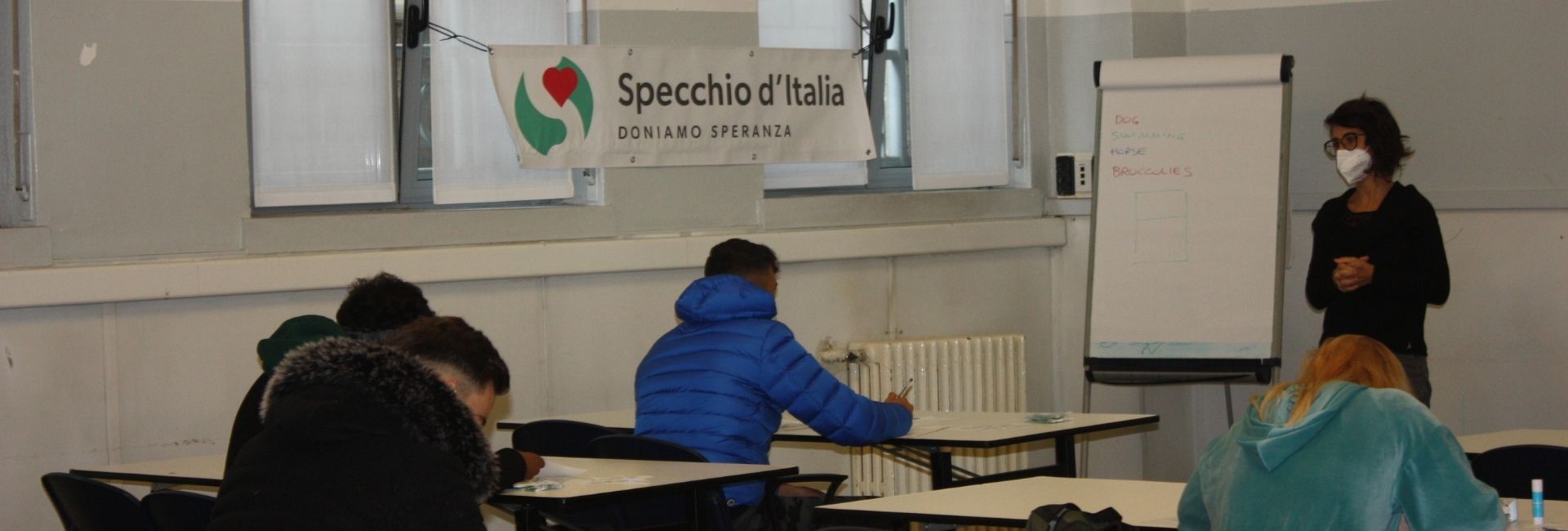The comeback of Covid hinders school, children and families. It is becoming increasingly difficult to create useful, child-friendly teaching. There is a lack of space, technology, even human presence. The Specchio d’Italia Foundation (born by the will of the Turin-based Specchio dei Tempi Foundation) has therefore decided to intervene also in Genoa, after Turin and Rome, to carry out a project started yesterday that helps with homework and after-school activities. It also wants to be a concrete and effective presence alongside young students who are now more alone than ever.
The initiative was developed with the collaboration of Ceis Genova (Bianca Costa Bozzo Solidarity Centre Foundation) which has chosen to operate in the V Valpolcevera quarter of the Fegino area with Specchio d’Italia that finances the project. The main objective of the project is to sustain and support families in this delicate historical-social moment in concrete and everyday aspects.
The experience of the Specchio dei tempi Foundation in the areas of the metropolitan city of Turin and in the Bastogi district of Rome facilitates and supports similar and replicable work in the Genoese area. The educational commitment to children will be the starting point for a series of intergenerational activities to promote well-being, such as monitoring the needs of families and the entire territory. The premises of the oratory of the Church of Sant’Ambrogio di Fegino have been identified for the project activities. The classrooms are fully usable and allow for the appropriate interpersonal distancing in light of the measures to combat and contain the Covid-19 epidemic. The activities started with the mapping of the bodies and associations of the area that have been invited to suggest recommendations on the project. They are followed with the involvement of school managers and teachers for debate on the school programmes and the situations of greater fragility.
The collapse first of the Morandi Bridge and then the Covid-19 pandemic put Fegino in great difficulty. It is a neighbourhood that until a few years ago hosted important production activities and which now needs to be supported in order not to lose ground with respect to the rest of the city. The Specchio d’Italia project is what the area needed. The foundation’s commitment was appreciated above all by the educational world that actively participated in the project, explaining what the most urgent needs were. It was decided to focus on after-lesson activity, to provide the tools necessary to implement what has been lacking in these months with remote lessons, even to those who don’t have the tools. In short, children and young people who need not to be left alone after two difficult years will be helped. The outbreak of infections is making it even more complicated. There was no shortage of structures, but there was a lack of resources to bring them up to standard. This has been done by involving the church of Sant’Ambrogio, closing the circle of an initiative that embraces the whole neighbourhood.
Yesterday afternoon, the real school support for children between the ages of 6 and 14 also started, with individual and group guidance with homework and training support for children and teenagers from the school of first and second levels. From November, the reinforcement laboratories for school support activities will also start with the organization of thematic laboratories for the reinforcement of logical-mathematical and linguistic learning and transversal skills.
As mentioned, it is only a first step. The plan of the Specchio d’Italia Foundation is intergenerational and therefore will not only affect young people. Particular attention will be paid to the elderly. Initiatives are already being studied to create points of aggregation and to give new life to a neighbourhood that in this way feels less alone. From here Fegino can think of leaving behind these two years and more of hardship.



